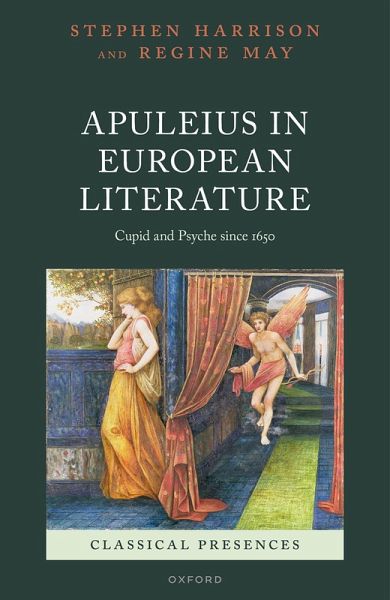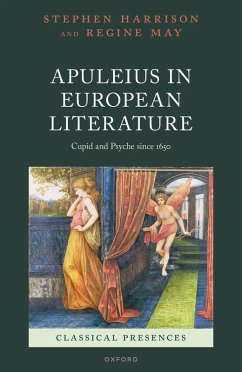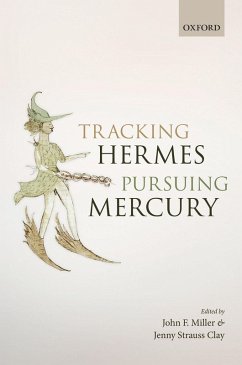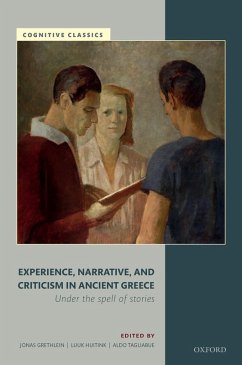
Apuleius in European Literature (eBook, PDF)
Cupid and Psyche since 1650
Versandkostenfrei!
Sofort per Download lieferbar
62,95 €
inkl. MwSt.
Weitere Ausgaben:

PAYBACK Punkte
31 °P sammeln!
The story of Cupid and Psyche is first known through the Latin novel Metamorphoses or The Golden Ass by the second-century AD writer Apuleius--one of the few Latin fictions from Roman antiquity to have survived in its entirety. Apuleius in European Literature: Cupid and Psyche since 1650 examines the reception of the long two-book romantic story of Cupid and Psyche in European literature from 1650 to the present day, with some attention also devoted to fine art and opera across this period. Stephen Harrison and Regine May argue that Cupid and Psyche had a broad and profound influence on certai...
The story of Cupid and Psyche is first known through the Latin novel Metamorphoses or The Golden Ass by the second-century AD writer Apuleius--one of the few Latin fictions from Roman antiquity to have survived in its entirety. Apuleius in European Literature: Cupid and Psyche since 1650 examines the reception of the long two-book romantic story of Cupid and Psyche in European literature from 1650 to the present day, with some attention also devoted to fine art and opera across this period. Stephen Harrison and Regine May argue that Cupid and Psyche had a broad and profound influence on certain important and specific areas of European culture; it was appropriated and adapted to suit particular cultural and generic contexts, especially the development of the fairy tale. This constitutes an important strand of the more general reception of the ancient novel, since the tale of Cupid and Psyche is arguably the most famous section of any fiction from Greece or Rome. Apuleius' story has enjoyed an extraordinarily rich reception throughout the five centuries from its rediscovery in the Renaissance to the present day. Previous studies of this reception have focused on the tale's prominence in Renaissance art and literature, or otherwise on its status in the German Romantic period. This book goes further and wider, ranging across literary genres in English, French, German and Dutch, encompassing poetry and drama as well as prose fiction, and covering all the key elements of the tale's reception from 1650 to the present. We hereby rediscover a tale that today remains as relevant and ripe for appropriation as ever.
Dieser Download kann aus rechtlichen Gründen nur mit Rechnungsadresse in A, B, BG, CY, CZ, D, DK, EW, E, FIN, F, GR, HR, H, IRL, I, LT, L, LR, M, NL, PL, P, R, S, SLO, SK ausgeliefert werden.













